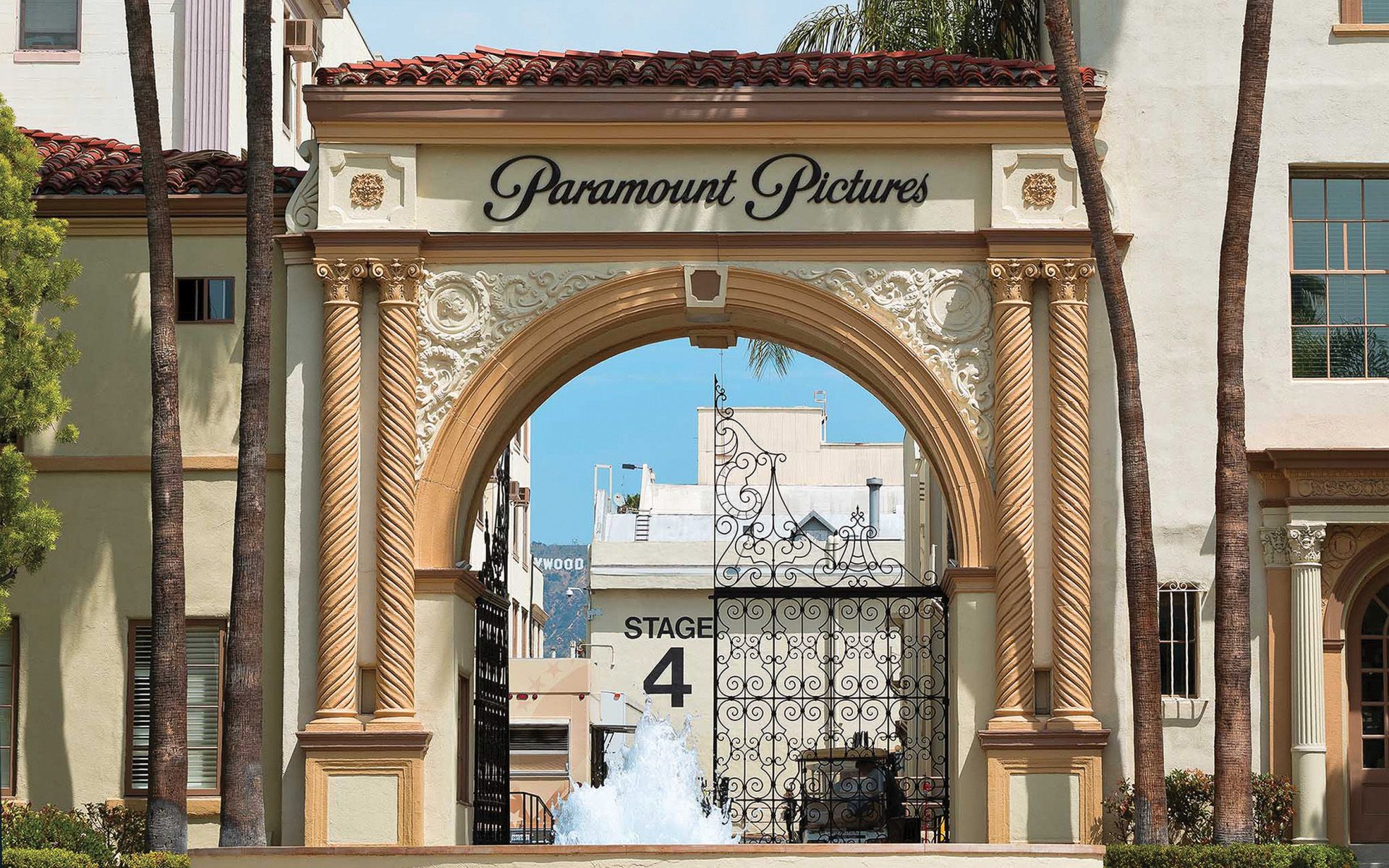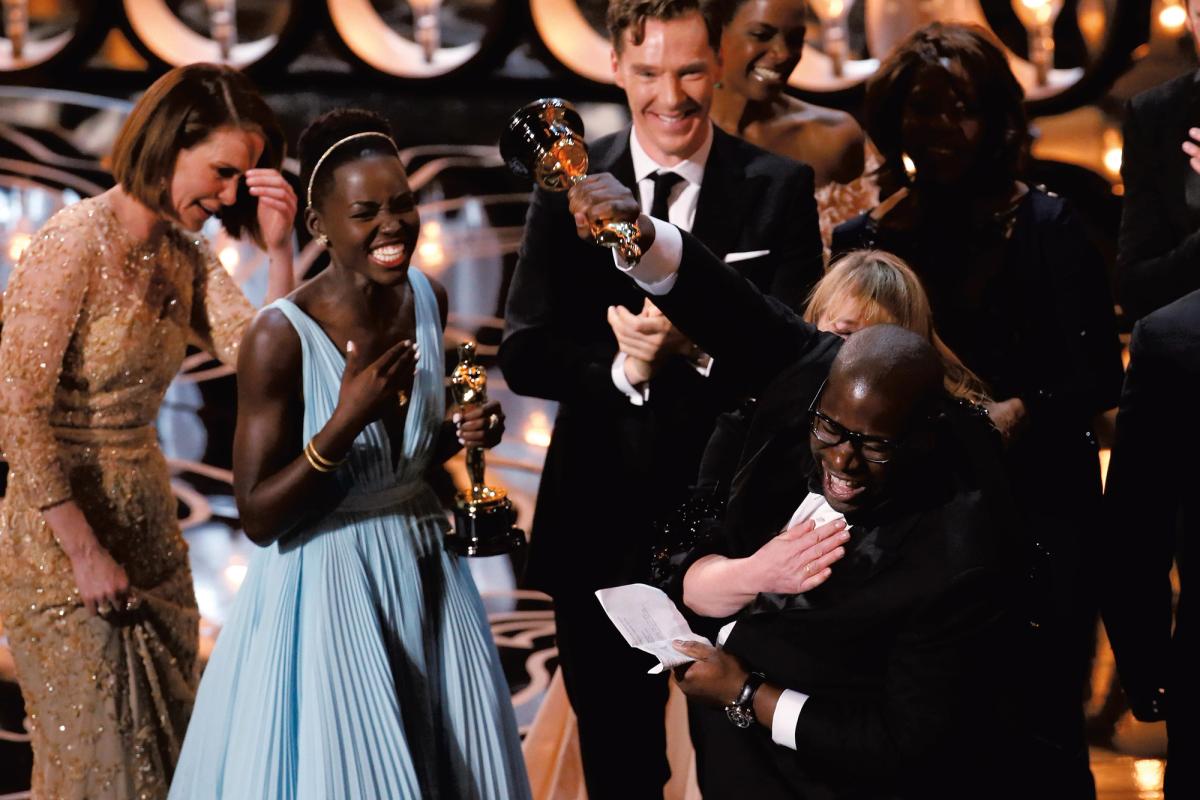Could the arrival of Frieze Los Angeles provide a turning point in the art world’s tense relationship with entertainment agencies? Drawing around 70 international galleries, it is the first new iteration of Frieze since Hollywood’s Endeavor entertainment group bought a major stake in the UK-based fair organiser in 2016. By planting a flag at the centre of the commercial art industry—fairs—the move showed a significant expansion of agency interest and investment in art and artists. But relations between art dealers and agents have been slow to warm.
“Maybe I will start working with actors—it makes as much sense,” says the Los Angeles dealer Michael Kohn of agency interest in the art world. There is, however, an argument to be made that the art business has changed—billions of dollars of annual worldwide art sales have transformed a once cottage industry into a global enterprise. Kohn says the trend is a simple matter of “adapt or perish”, although until there is huge demand for works of art that can be reproduced and distributed like movies and music, “the singularity of the art object will pose a challenge for those who do not value the art first and foremost”.
Agencies have until recently focused on supporting individual artists in projects unrelated to their art. Nearly a decade ago, both William Morris Endeavor (WME) and Creative Artists Agency (CAA) quietly began working with Takashi Murakami, Julian Schnabel and Steve McQueen under the auspices of furthering their film work. The situation changed in 2015 when the art lawyer and agent Josh Roth established the Fine Arts division of United Talent Agency (UTA), creating an agency branch exclusively for art-world clients. UTA now boasts a roster of artist clients including the Haas Brothers and Ai Weiwei. Before Roth’s untimely death in 2018, he also went so far as to launch an exhibition platform, Artist Space. However, he said that it was not meant to function as a commercial gallery displaying works for sale, but rather a venue to highlight projects by artists the agency supports.

Paramount Pictures Studios, where Frieze Los Angeles is being held Photo: Paramount
“More artists are looking for ways to control their own markets these days,” says the art adviser Lisa Schiff, citing figures such as Richard Prince, Mark Grotjahn and Alex Israel, who is represented by CAA. While dealers are focused on closing sales on work, what artists need more of is legal and contract advice to help them make the right kinds of sales, as well as develop brand partnerships, film and TV opportunities, Schiff says: “Agents can do all of that easily.”
Yet agents might also be seen as a destabilising force because they diversify an artist’s revenue stream and remove much of the insider exclusivity that fuels the art market, according to Marine Tanguy, who started the London-based artist-only agency MTart in 2017 after working in several Los Angeles galleries. Agents bring artists’ work to a broader audience—and that “inherently challenges the value system of the industry”, Tanguy says.
[Endeavor] made a smart move—it bought into the only vertical in the art worldLisa Schiff, art advisor
Indeed, although supportive of their artists who choose to collaborate with agencies, dealers keep a degree of cautious distance. Rashid Johnson, who is represented by mega-dealer Hauser & Wirth, recently made his directorial debut with the film Native Son, for which he was represented by UTA. Ahead of its Sundance Film Festival premiere last month, the movie was picked up by HBO. Marc Payot, a partner and vice president at Hauser & Wirth, says that “any important project that catalyses public interest in an artist is a very positive thing”, but adds: “We do not expect this film to have a direct impact on the market for his art.” The intersection between entertainment agents and galleries is a “dynamic [that] really does not affect us”, he says.

UTA Artist Space in Beverly Hills Photo: Jeff McLane, courtesy of UTA Artist Space
Agents seem intent on remaining separate too. “The role of art is to illuminate lives, and we want to help artists illuminate as many lives as possible,” says CAA’s art and design agent, Thao Nguyen, who also curates the firm’s art collection. She worked with McQueen on his Oscar-winning 2013 film 12 Years a Slave and is currently representing Rachel Rose as she develops her first feature film, and Rob Pruitt, who is launching a series of children’s books. “We have no interest in being art dealers”.
Ultimately, Kohn thinks it is “impossible” for the agencies to compete with the biggest global galleries. “The infrastructure and overhead are expensive, [and] the supply of saleable art is erratic and highly competitive,” he says. Indeed, working with individual artists presents a price ceiling for agents, since the market for one artist can only grow so much.
WME is the first agency to expand beyond singular artist representation, by investing in a platform for dealers with numerous artists each in what could be seen as a more large-scale commitment. Of all the Hollywood agencies moving into the contemporary art market, Schiff says, “[Endeavor] has made a smart move—it bought into the only vertical in the art world”.


